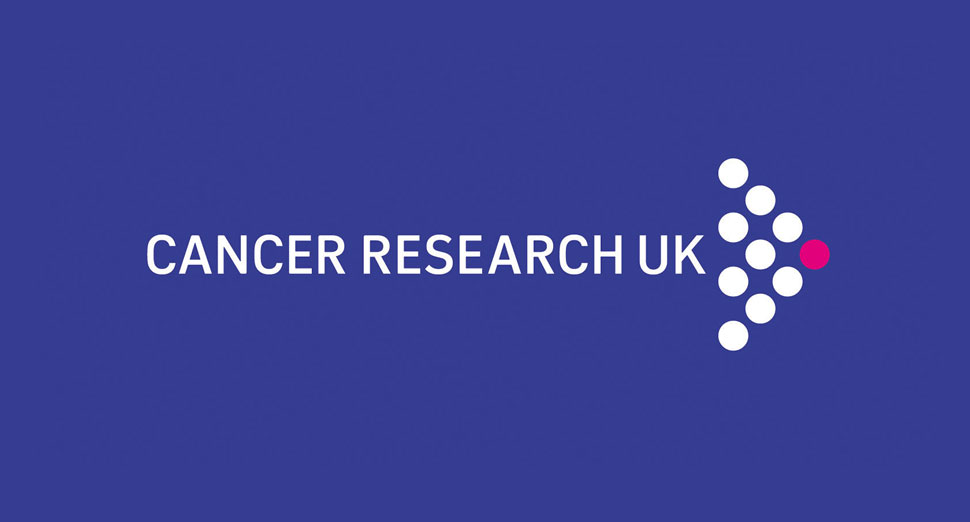
Vital rethinking in cancer early detection needed to save lives
Published By Cancer Research UK [English], Mon, Oct 5, 2020 5:00 PM
Earlier detection of cancer offers arguably the single biggest opportunity to save lives from the disease, but there are many challenges of seeing this a reality for patients in the NHS, according to Cancer Research UK’s Roadmap for the Early Detection and Diagnosis of Cancer report, and highlighted in a commentary in the Lancet Oncology.
Cancer Research UK’s consultation of over 100 experts highlights the siloed early detection research and development ecosystem, from academia and industry to the health services and policy makers, which is hampering progress. It proposes a series of tangible recommendations to unite these sectors, address these challenges and deliver a future where early detection of cancer is a routine reality.
Critically, it calls for the significant investment in diagnostic equipment and technologies, along with NHS staff, to support new ways of working and drive the paradigm shift to diagnose more cancers at an earlier stage, and ultimately save lives. The Roadmap also calls to attention a market failure in early detection of cancer, with too few innovative technologies making into the health system.
By having the right investments and policies in place, the UK has the potential to become a world leader in early detection and diagnosis of cancer, unlocking a major economic growth opportunity for the UK.
The authors hope that the prioritisation of early detection and diagnosis of cancer by scientists, companies, health services and government will create a thriving multidisciplinary ecosystem, focussed on proactively managing patients’ health and wellbeing before symptoms arise.
Dr David Crosby, head of prevention and early detection research at Cancer Research UK and co-author of the Roadmap said: “All too often, patients are being diagnosed at a late stage, where their cancer is deeply rooted and requires significant intervention, often with poor outcomes.
“This is a human tragedy, not just in terms of lives lost, but it also means more expensive treatments, hospital stays and monitoring. If we can turn this on its head and find cancer at its earliest stages when it’s easier to treat, not only will we be able to save lives on a vast scale, but we will be saving our NHS millions of pounds that would otherwise be needed for costly late stage treatments.
“For the first time, the Roadmap shows us how we can bring together the entire research, commercial and health ecosystem to create a future where lives are not needlessly lost due to late diagnosis.”
Terry Kavanagh, who was diagnosed with lung cancer and took part in the consultation said: “I still remember the surgeon’s words after waking from surgery to remove half of my left lung, “Well Terry, I’m satisfied we caught it early”. It’s why I’m still here. Taking part in the roadmap really opened my eyes to the number of disciplines that have to come together in a bigger plan to help other cancer patients. Hopefully one day, early detection will be a reality for every cancer.”
For media enquiries please contact the Cancer Research UK press office on +44 203 469 8300 or, out-of-hours, the duty press officer on +44 7050 264 059.
Press release distributed by Media Pigeon on behalf of Cancer Research UK, on Oct 5, 2020. For more information subscribe and follow
Lynn Daly
London & South East
[email protected]
07766 070705
Greater London, Kent, Surrey, East Sussex, West Sussex, Channel Islands
Jenny Makin
South Central & West
[email protected]
07768 987925
Hampshire, Dorset, Isle of Wight, Hertfordshire, Buckinghamshire, Bedfordshire, Berkshire, Oxfordshire, Wiltshire